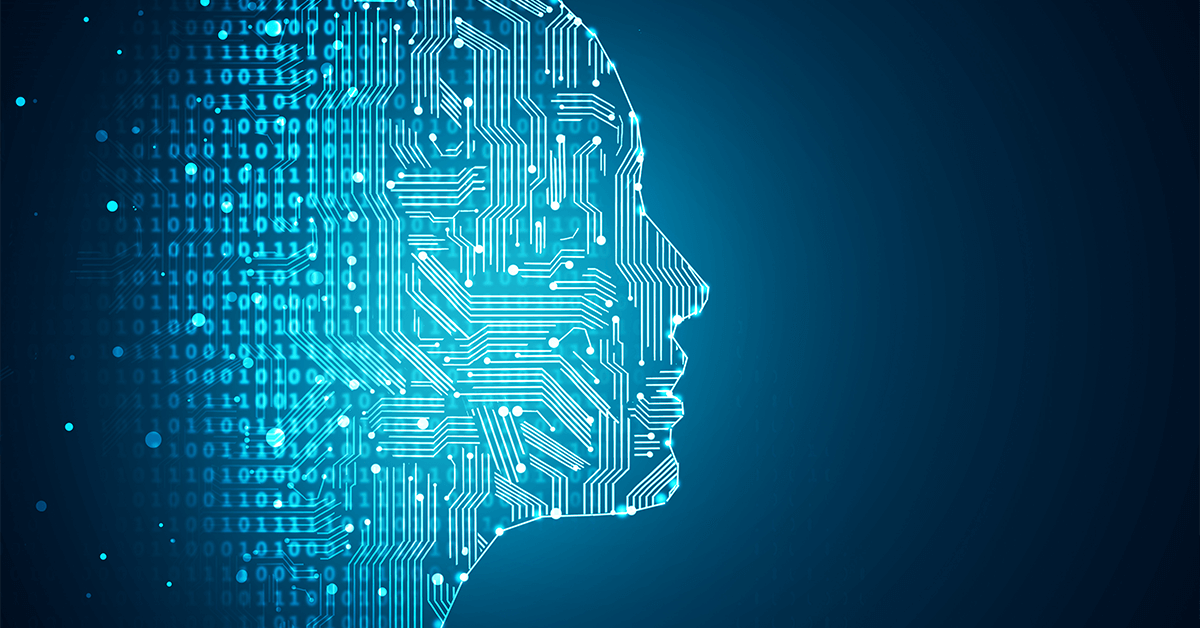The Intelligence Community is laser-focused on artificial intelligence. Its work in the AI space is guided by both the benefits it offers the U.S. government and threats presented by adversary use of these technologies.

At the Potomac Officers Club’s 2024 Intel Summit on September 19, IC leaders and private sector experts will convene to share their insights on current intelligence activities within the federal government. To learn more and register to attend, visit the 2024 Intel Summit event page on the Potomac Officers Club website.
The IC is approaching AI from a variety of angles, one of which is data. In July, the IC released an updated data strategy for 2023-2025, which notes the fielding of data, analytics and AI capabilities at a competitive pace and scale as a “central challenge” for the community.
Using AI-powered tools, the strategy says, can help the IC “more effectively manage, use, store, and secure data.”
Generative AI – which refers to AI tools that can generate text, images or other outputs based on user prompts – is another area that has caught the attention of the IC. These technologies have gained traction in recent years, and both the U.S. and its adversaries are exploring ways in which it could be used to compete in today’s great power landscape.
In its 2024 Annual Threat Assessment of the U.S. Intelligence Community, the Office of the Director of National Intelligence identified generative AI as a potential threat to U.S. interests, particularly when used by China and Russia.
Advancements in AI technologies have the ability to dramatically influence technology development on a broad scale. Though AI presents many opportunities for the U.S., the report listed deepfakes, misinformation and AI-generated viruses as some associated issues that have emerged.
China, the report noted, “is demonstrating a higher degree of sophistication in its influence activity including experimenting with generative AI.”
To sharpen its focus on AI technologies, the IC appointed John Beieler – who also serves as the top science and technology advisor to Director of National Intelligence and 2024 Wash100 winner Avril Haines – as its first chief AI officer in April.
Now, Beieler leads a council of IC chief AI officers, which he told Federal News Network is developing a directive to inform intelligence agencies on the development and deployment of AI and machine learning as well as related privacy protections and civil liberties that should be considered during these processes.
According to Beieler, the council is in the process of updating ODNI’s AI strategy “to make sure that we have that one consolidated viewpoint of, what do we think is important for AI and the IC.”



